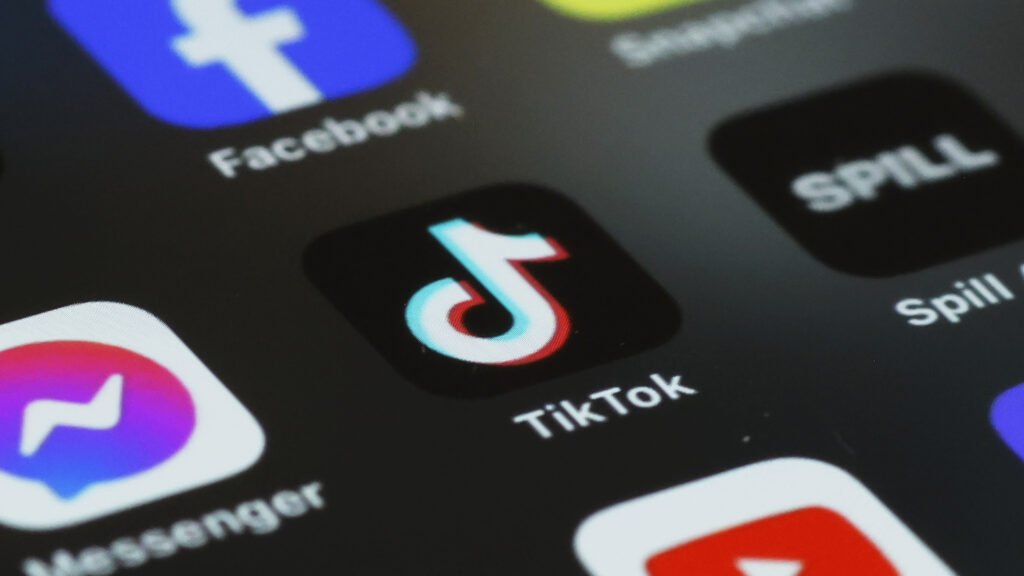In a world where social media reigns supreme, the way we communicate science has undergone a dramatic shift. Gone are the days when academic papers and formal talks were the primary means of sharing scientific knowledge. Today, the battleground for public trust and credibility is on platforms like Instagram, TikTok, and YouTube.
As someone who goes by the name “dr.noc” online, I have seen firsthand the power of storytelling in debunking scientific misinformation and engaging millions of viewers. With over 3.5 million followers, I have come to understand that authenticity and human connection are key in effectively communicating complex scientific concepts.
In a time where attention spans are short and the competition for views is fierce, it is essential to meet people where they are and speak their language. This means simplifying scientific messages without diluting their importance and finding ways to make data relatable and engaging.
One of the most profound lessons I have learned is that building trust is not just about presenting data, but also about revealing glimpses of humanity. A simple moment, like mentioning cooking dinner for my wife, can make a viewer see me as a “regular person” and ultimately trust the information I provide.
Initially met with skepticism from colleagues who believed that serious scientists should stick to traditional forms of communication, I have come to see the value in reaching a broader audience through social media. By embracing relatability and authenticity, we can bridge the gap between data-driven expertise and public trust.
In a culture that often equates complexity with intelligence, it is crucial to break down barriers and make research accessible to all. Social media is not the enemy of serious science; rather, it is a powerful tool for shaping future generations’ perspectives on health, medicine, and science.
As I continue to debunk scientific misinformation, explore the world with my family, and share my love of reading with my daughter, I remain committed to using social media as a platform for promoting trust, credibility, and the importance of science communication in the modern age.


